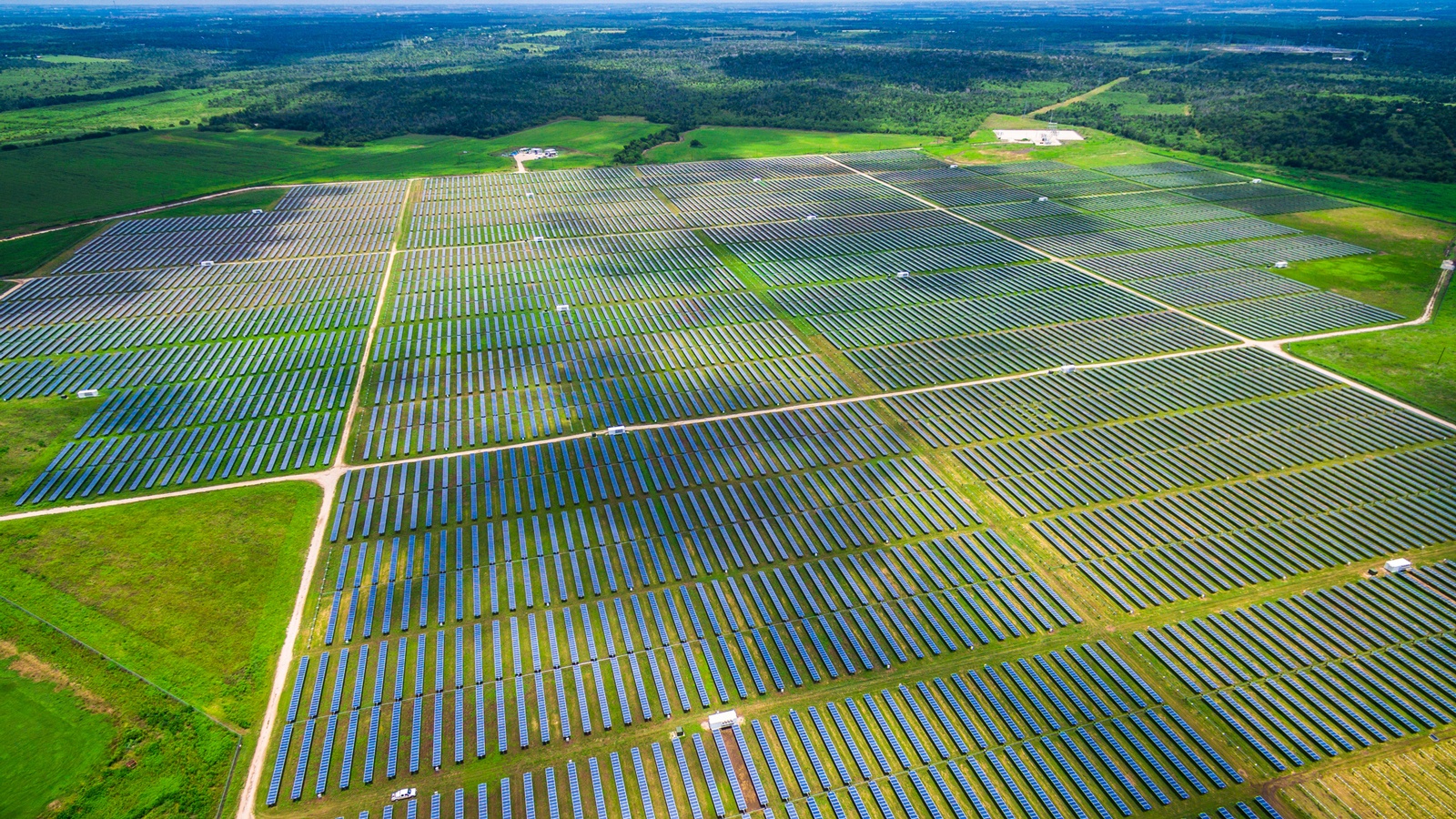
Wed 2 Oct 2024
Collected at: https://eandt.theiet.org/2024/10/02/chinas-100bn-cleantech-investment-turbocharging-global-energy-transition
China’s unprecedented “tsunami” of foreign investment in renewable energy and transport electrification projects since 2023 is turbocharging the global energy transition, according to a report.
The Green capital tsunami report from Climate Energy Finance (CEF), a Sydney-based research group, outlines how China is leading the decarbonisation race.
The report findings reveal how China is leading the world in every aspect of decarbonisation – in R&D, investment, innovation, manufacturing, installation and exports of key clean energy technologies spanning solar, wind, batteries, new energy vehicles, grids, hydro and green hydrogen.
Its domestic cleantech investment is double that of the EU and the US.
Based on investments currently proposed and confirmed, the report calculates that Chinese companies have also committed $109.2bn in outward foreign direct investment across 130 clean technology transactions since the start of 2023.
This capital flow spans Europe, Asia, Africa and South America. It doesn’t span North America as investment in the US and Canada is “being undermined by increasingly adverse China-specific rules”.
According to the report, this unprecedented global investment promises to reshape global markets and geopolitics, delivering a global decarbonisation uplift – particularly in the Global South.
Tim Buckley, director of CEF, said: “China’s industry policy focus and massive capital commitments into cleantech, coupled with its globally-dominant buildout of domestic manufacturing capabilities, have led to overcapacity of production of technologies critical to global decarbonisation, triggering rapid and staggering price deflation and discounting.
“Solar module prices are down 60% year-on-year, while battery prices are down 50% year-on-year, and lithium is down 80% from its recent peak.”
This means that China is not just exporting its cleantech manufacturing capacity surplus, but is increasingly exporting its technology, engineering, supply chain and financing capacities.
As such, China’s overseas investment spree is having significant domestic, regional and global impacts.
While collaboration with China’s growing global supply chain could accelerate decarbonisation in countries across the world, it is also raising concerns.
According to an article published in The Financial Times, this is due to the fact that Beijing’s industrial policy violates international trade rules by unfairly advantaging domestic companies, creating overcapacity in their home market and outpricing Western rivals.
For instance, the US has threatened to ban Chinese electric vehicle imports, while EU member states are set to vote on Friday on raising tariffs to as high as 50%.
The article also states that the US and EU have accused Chinese manufacturers of expanding overseas in order to dodge tariffs in their markets.
Meanwhile, another report published yesterday further highlights China’s domination in the industry.
Published by the International Renewable Energy Agency (IRENA) and the International Labor Organization, a UN agency, it finds that a record 2.5 million jobs were created in the renewable energy sector in 2023, most of them in China.
The report found that nearly two-thirds of the world’s new solar and wind power capacity was installed in China, which added a total of 1.84 million renewable energy jobs.
While global employment in the industry rose 18% from 13.7 million to 16.2 million, the report raised concerns about an “uneven global picture”, with China accounting for 7.4 million jobs or 46% of the total.
Francesco La Camera, IRENA director-general, said: “The story of the energy transition and its socioeconomic gains should not be about one or two regions.
“If we are all to fulfil our collective pledge to triple renewable power capacity by 2030, the world must step up its game and support marginalised regions in addressing barriers impeding their transitions progress.”

Leave a Reply